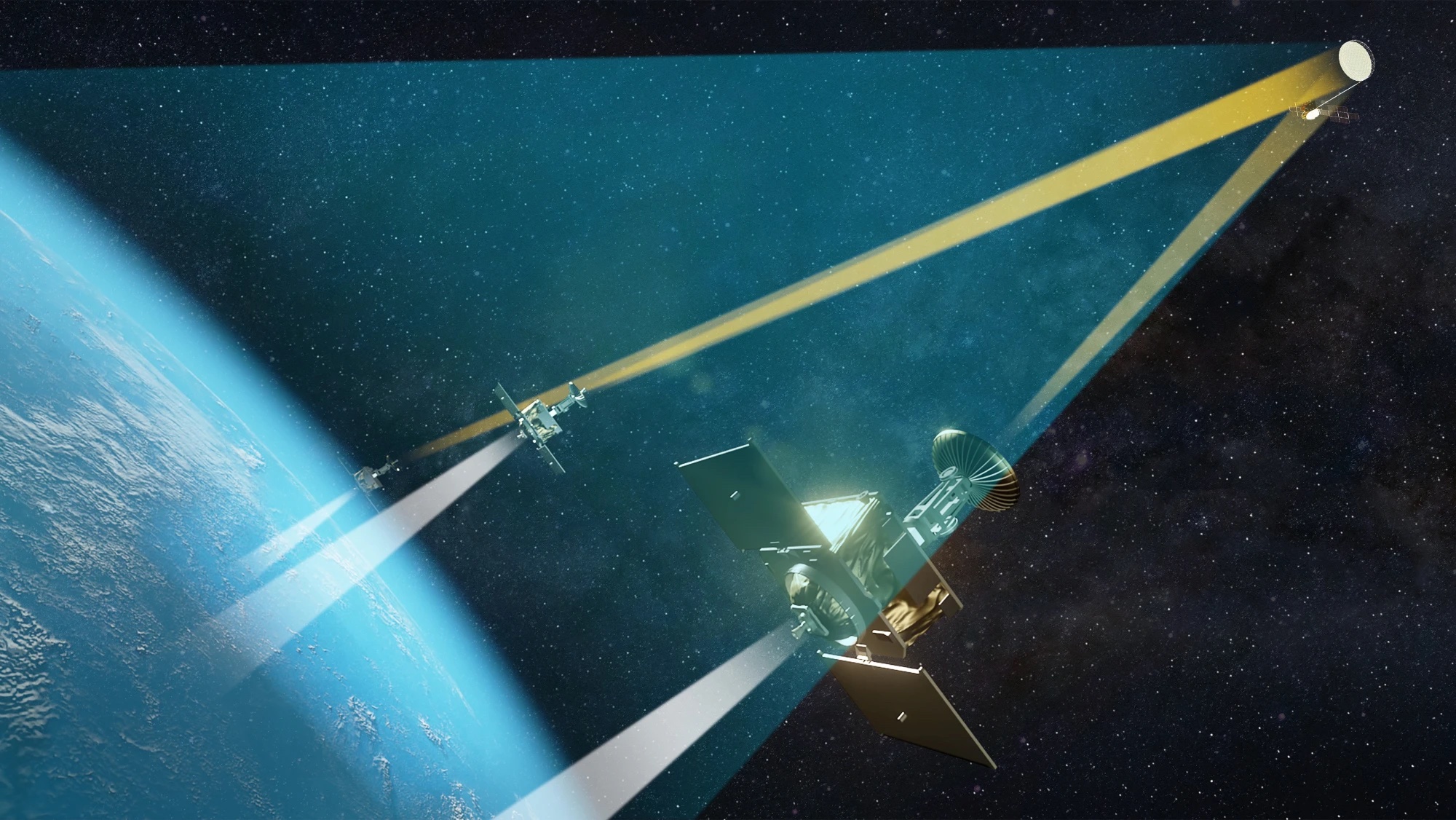Latest News

Photo: Viasat
Viasat selected Rocket Lab to produce a spacecraft bus and mission operation support to Viasat’s hybrid space network. The demonstrations will advance Viasat’s portfolio of space relay communication services in Low-Earth Orbit (LEO) space missions. It is scheduled to launch in early 2026.
The spacecraft will support demonstrations that are part of Viasat’s work under NASA’s Communications Services Project (CSP), totaling $80 million in awards. The CSP is evaluating commercial satellite communications services and technologies to support NASA near-Earth communications as it replaces the Tracking and Data Relay Satellite System (TDRSS). Viasat is one of six satellite companies NASA brought on to the CSP program.
Viasat’s Ka- and L-band relay solutions are designed to provide low-data latency communications for mission operations. Viasat’s Real-Time Space Relay (RTSR) space-qualified Ka-band terminal will use Viasat’s Ka-band network of satellites in Geostationary Orbit (GEO) to enable LEO operators access to mission data. The InCommand system will use Viasat’s L-band network to provide real-time telemetry, tracking and command (TT&C) throughout the spacecraft’s orbit. Rocket Lab will provide a new L-band radio for InCommand called Frontier, which will support various TT&C applications.
The demonstration mission will also include ground communications through Viasat’s Real-Time Earth (RTE) ground-station-as-a-service for S-, X-, and Ka-bands. All transports will be implemented through Viasat’s Integrated Space Access Network (ISAN).
“By providing a configurable platform that can be tailored to suit even the most complex missions, our customers can focus on their own novel hardware and services and leave the development and operation of the spacecraft to us,” said Brad Clevenger, vice president of Space Systems.
Financial terms of the deal were not disclosed.
Stay connected and get ahead with the leading source of industry intel!
Subscribe Now